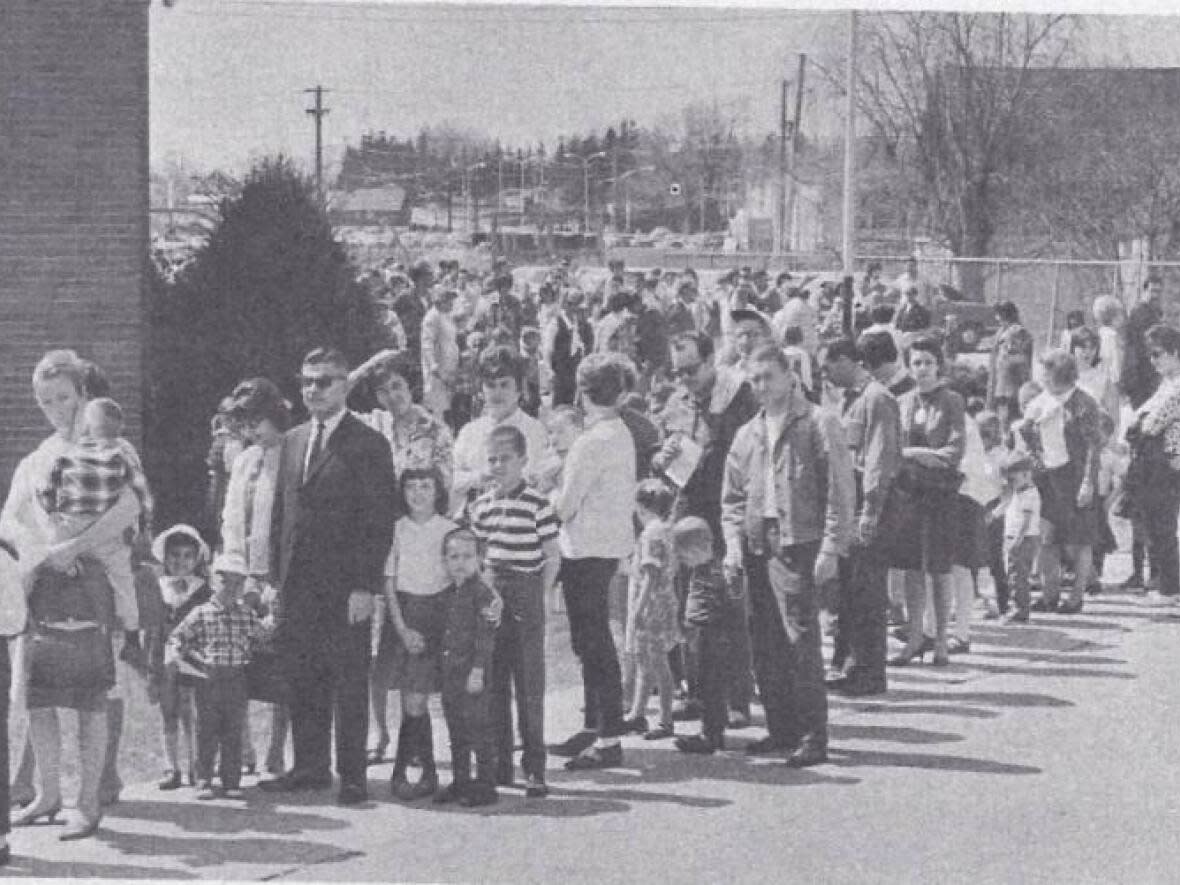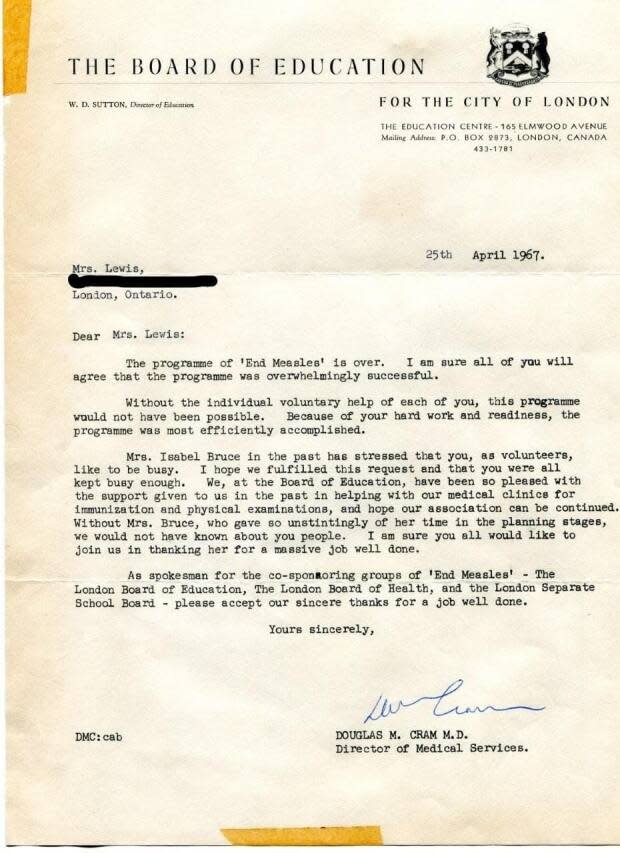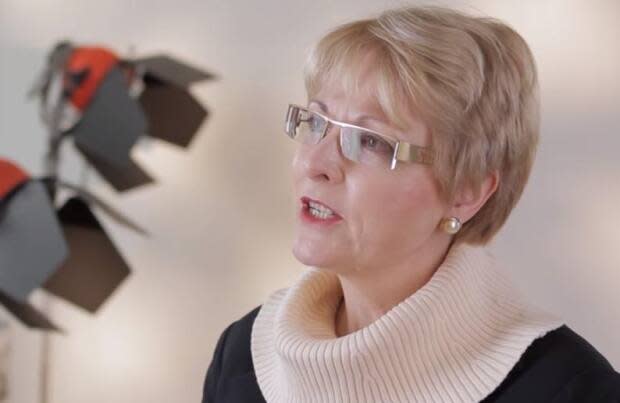What can we learn from a 1-day measles vaccination blitz in 1967 Ontario?

A letter addressed to a London, Ont., mother in 1967 is providing new insight into how a measles vaccination campaign rolled out more than five decades ago in the southwestern Ontario city.
"I found this old letter a while ago in a box of my old report cards and school memorabilia," wrote Debbie Clipperton in a Facebook post.
The letter, addressed to Mrs. Lewis and signed by Douglas M. Cram, M.D., the Director of Medical Services for London's Board of Education at the time, begins, "The programme of 'End Measles' is over. I am sure all of you will agree that the programme was overwhelmingly successful."

"Without the individual voluntary help of each of you, this programme would not have been possible," the letter continues.
"Such a different time in 1967 when school parents, families and communities worked together...and were thanked for their efforts," Clipperton wrote in her social media post.
One-day vaccination blitz
In the spring of 1967, there was a measles outbreak in London, said Heather MacDougall, associate professor emeritus in the University of Waterloo's history department. She's studied Canada's historical roll out of the measles vaccine.
"There was a very strong sense of collective responsibility for community health in those days." - Heather MacDougall, professor emeritus, University of Waterloo
The medical officer of health at the time, Dr. D. A. Hutchison, believed a one-day vaccination blitz would stop the virus from spreading to any more children, said MacDougall.
"The medical officer in London had followed very carefully the approach that American cities had been using to do mass immunization against measles," she said.
Plus, she says he opted for the vaccine the Americans were using, not the Canadian-made vaccine that Ontario was willing to pay for.
"In Canada, we actually had the Connaught Laboratories and they were developing a killed measles vaccine," said MacDougall. "The one that we use today and the one that was used in London in 1967 was a live virus vaccine."
It cost the city $30,000, she said.
"In April of 1967, which of course, we should remember, Canada's centennial year, London's present to its children, was measles vaccinations."

The public embraced the new vaccine
Dealing with its own measles outbreak, Hamilton soon followed London's lead and offered the same vaccine in another one-day campaign in November, 1967. "What's quite interesting is that both cities were — in a way — defying the Ontario Ministry of Health."
Families turned out in the thousands to get their children vaccinated, eagerly lining up down sidewalks at the various clinics, first in London and then in Hamilton, said MacDougall.
"There was a very strong sense of collective responsibility for community health in those days."
Things are different today, said MacDougall.
"The positive response to science, technology and expert recommendations that we saw in the 1960s has been eroded over with the passage of time," she said adding that today there's an increasing emphasis on individual choice.
"That is a marked contrast to the past," she said.


